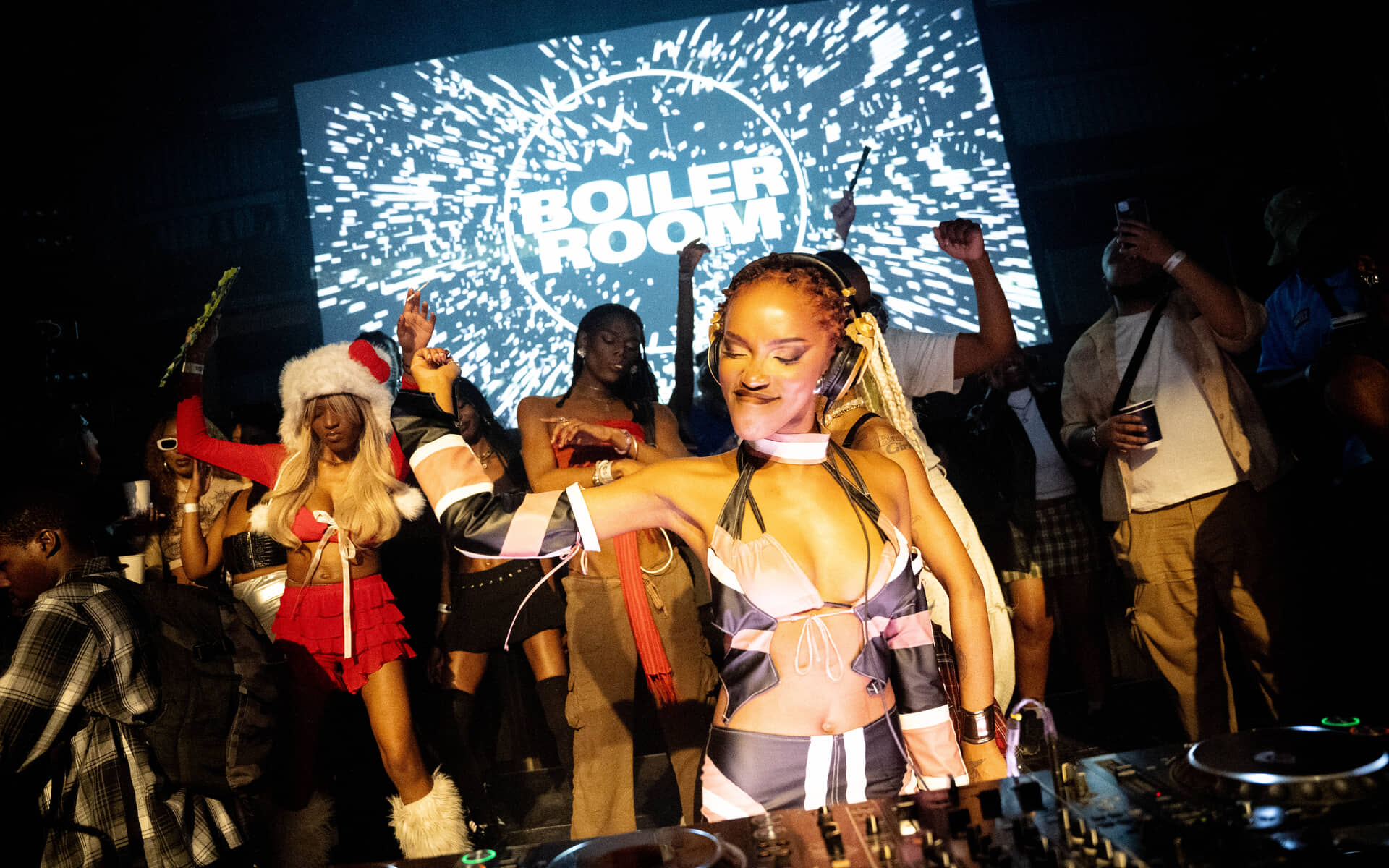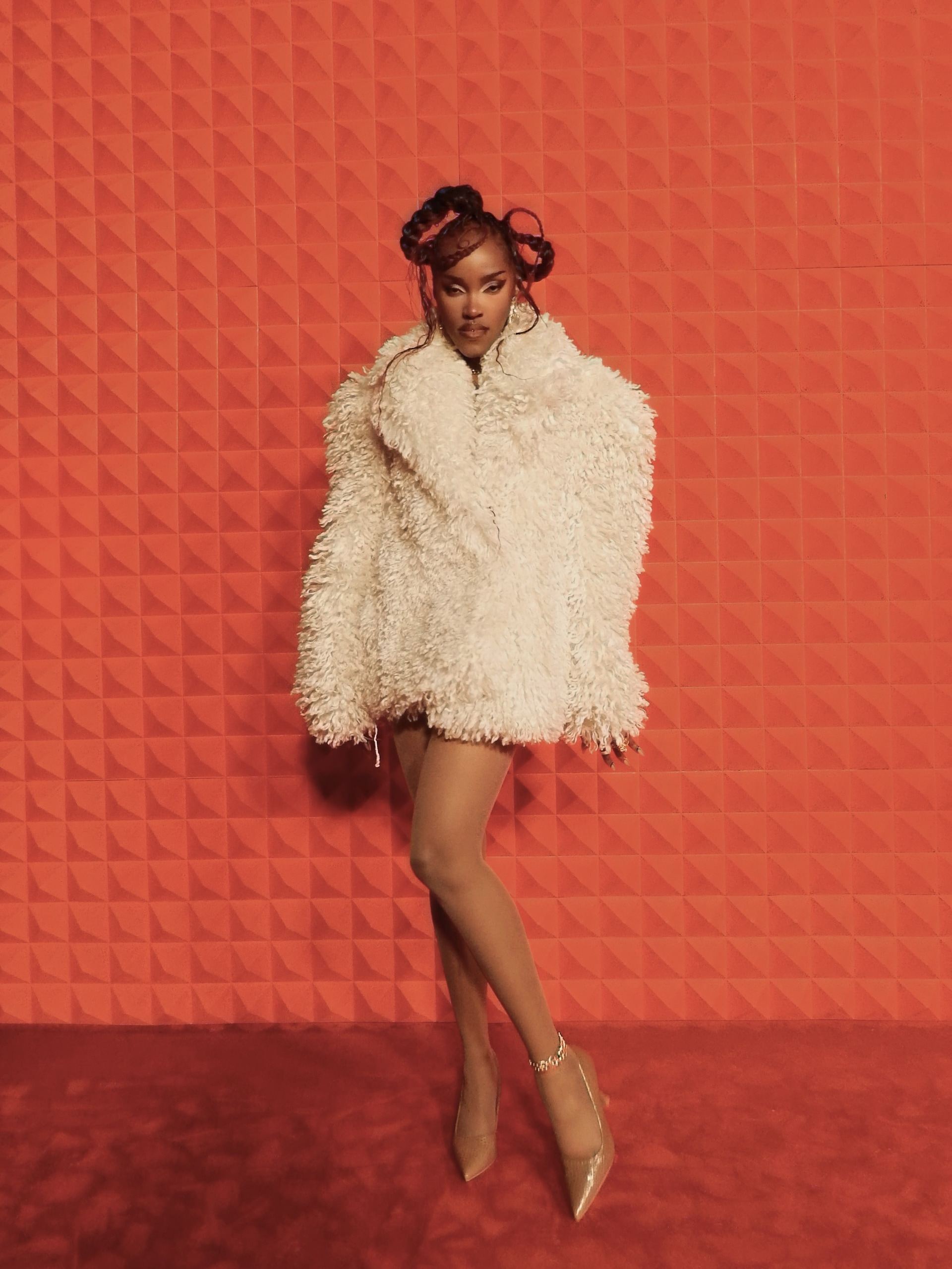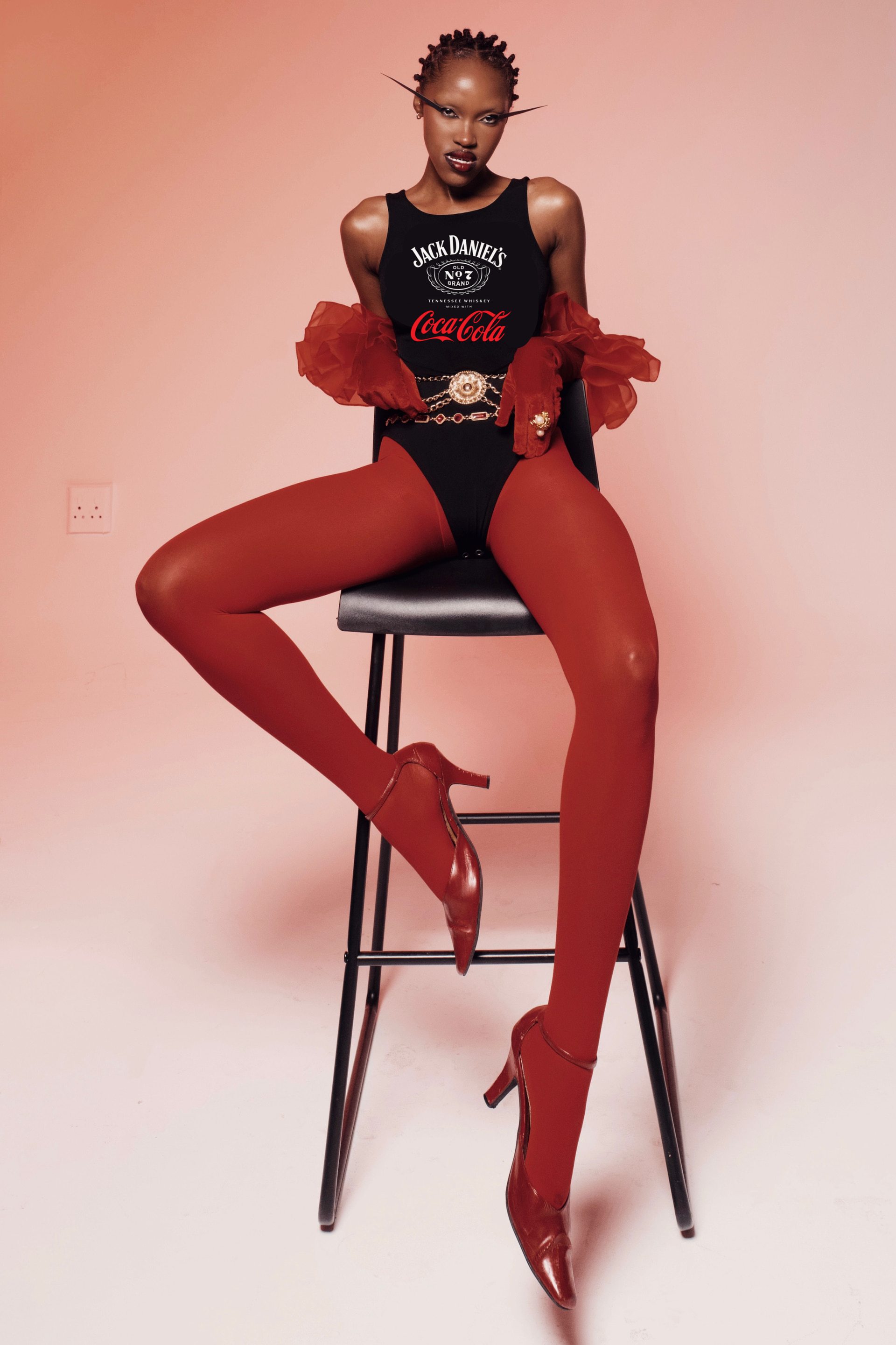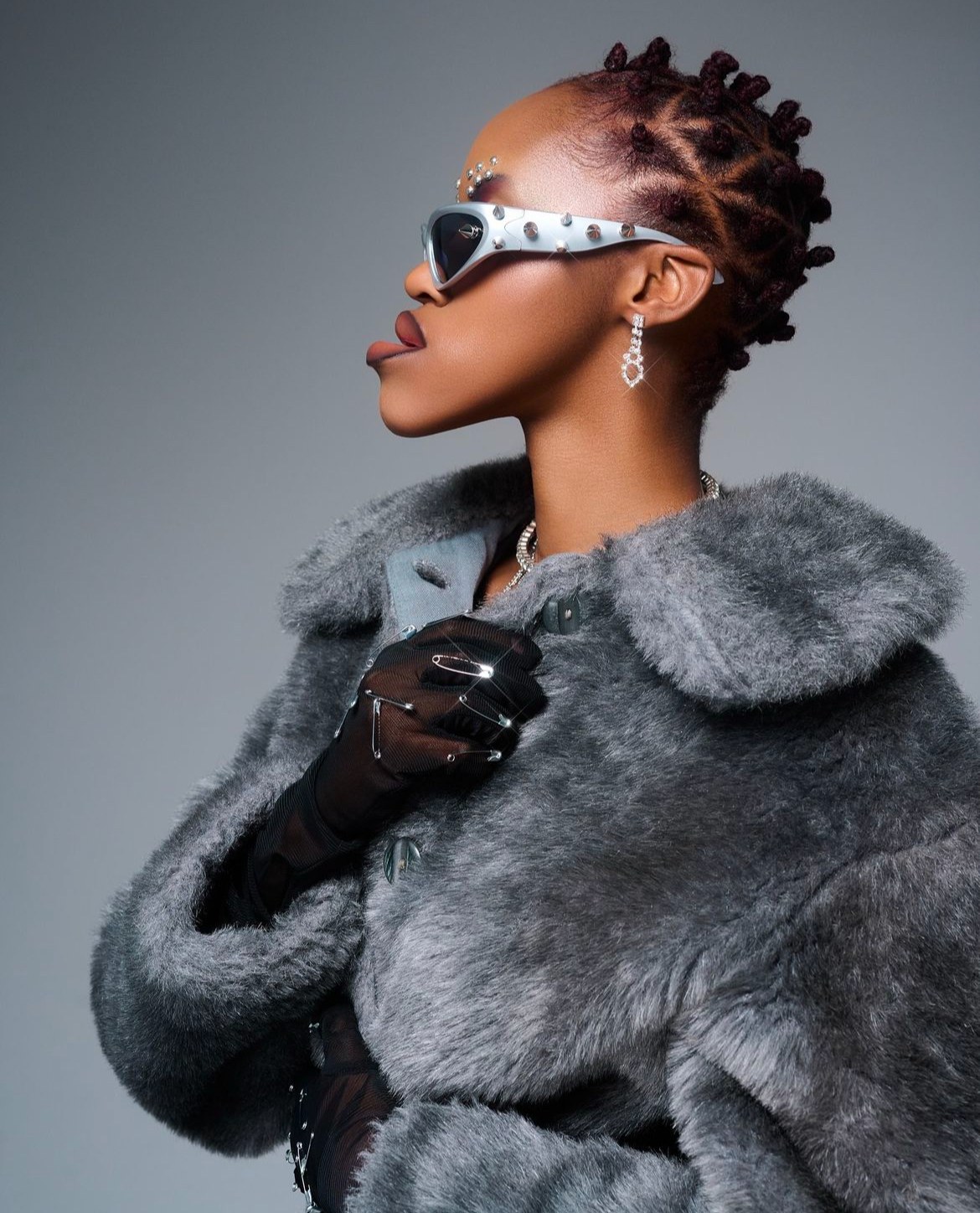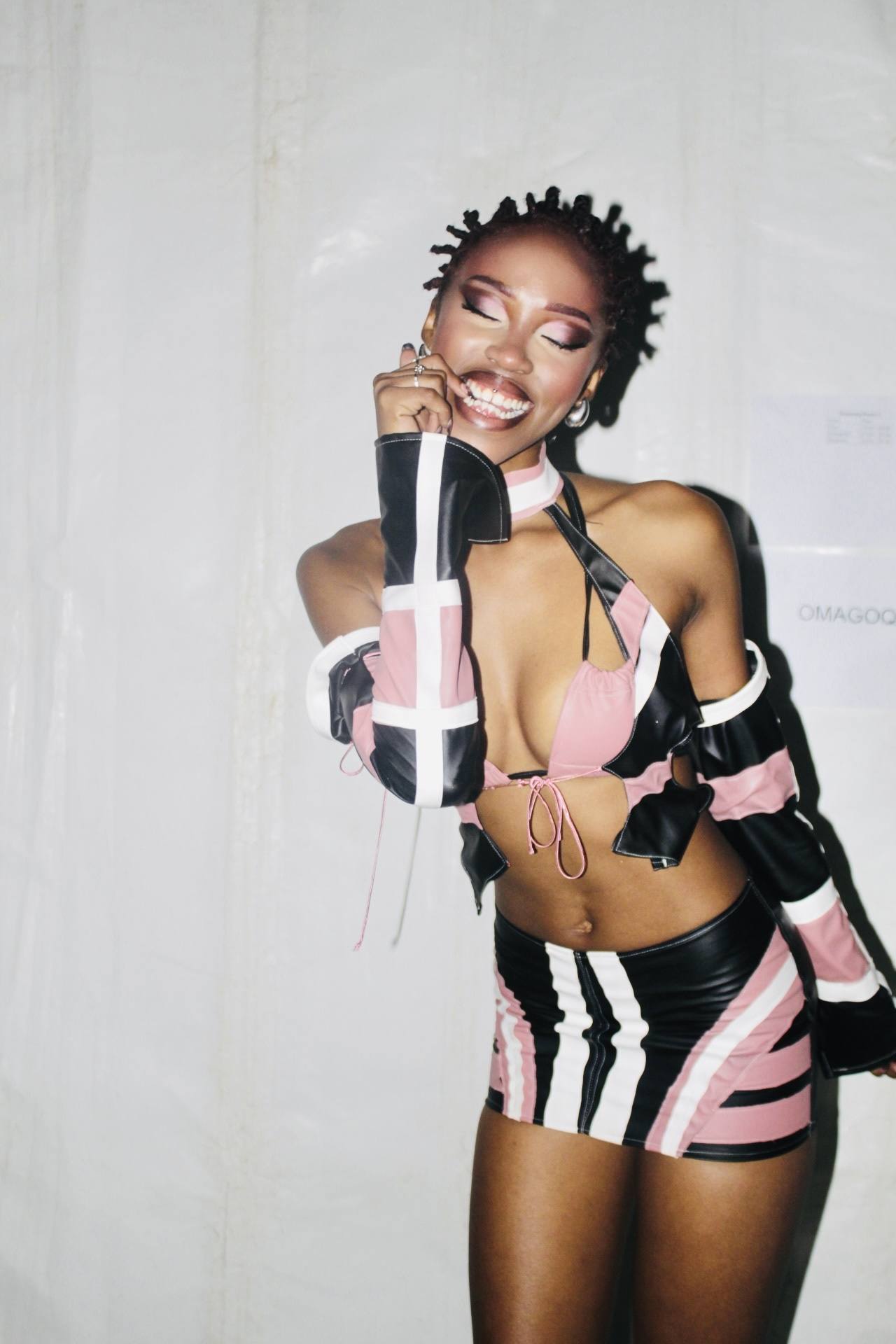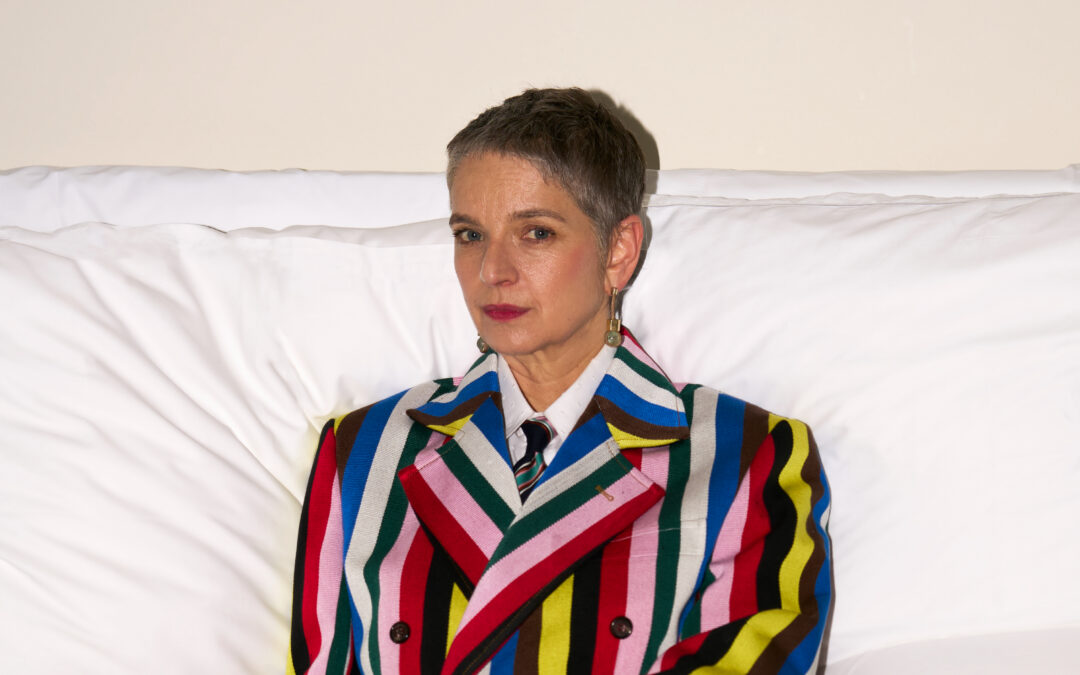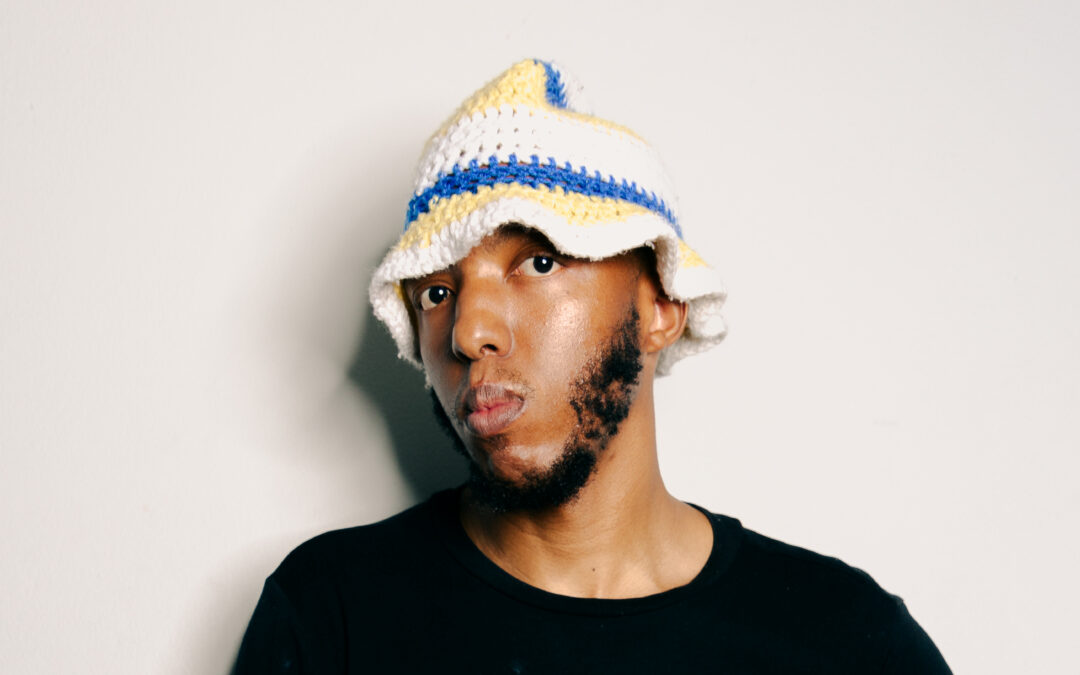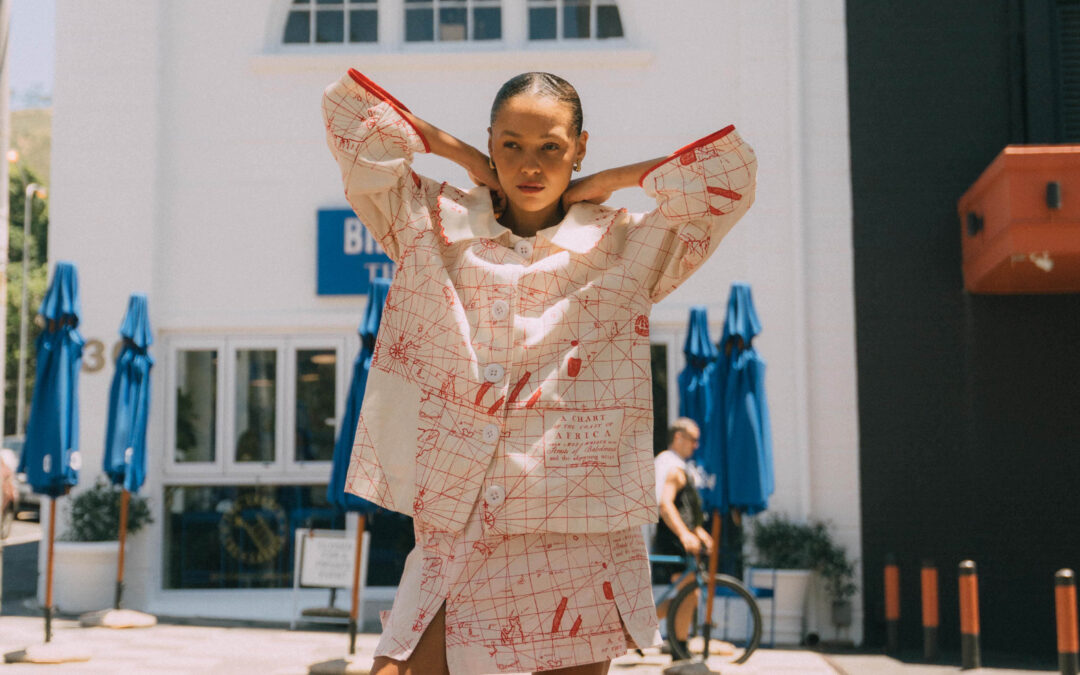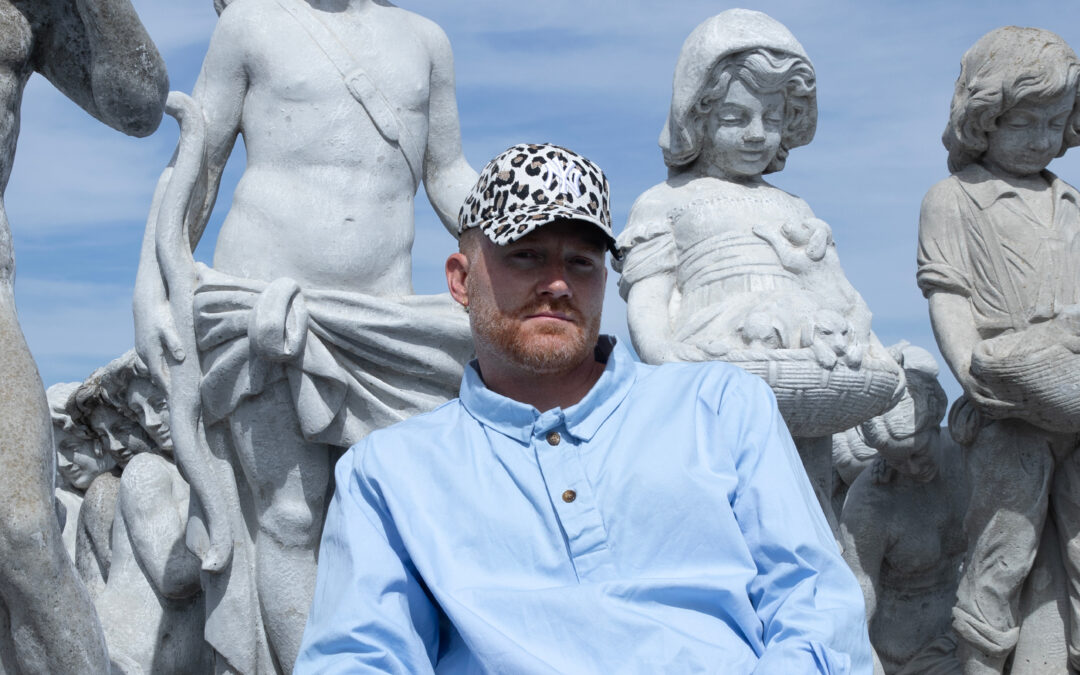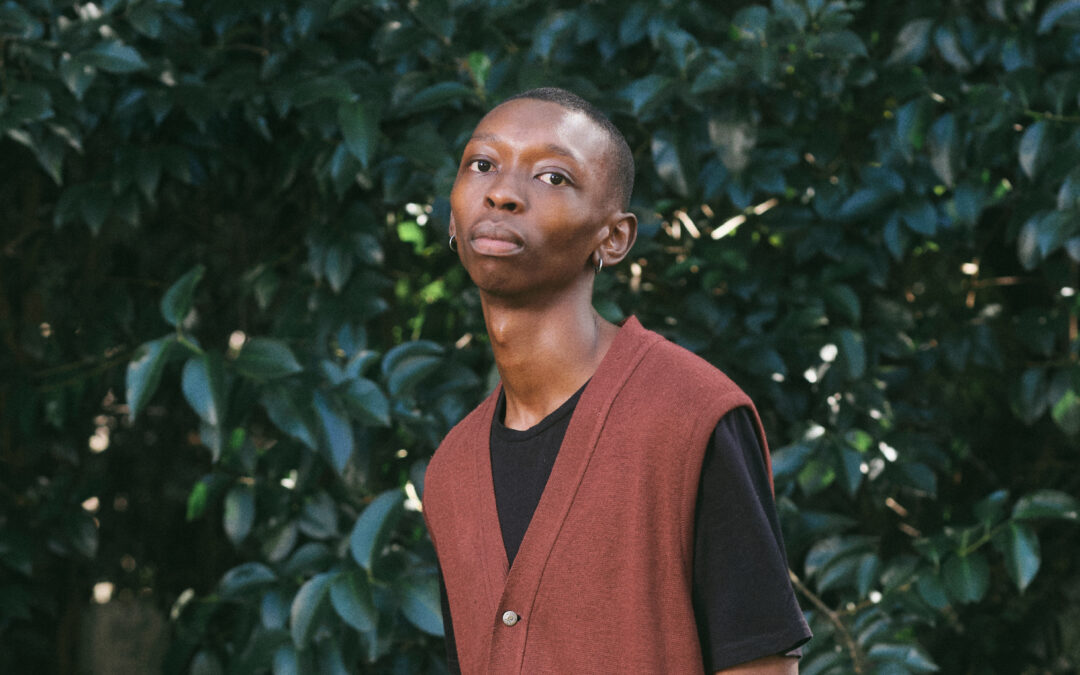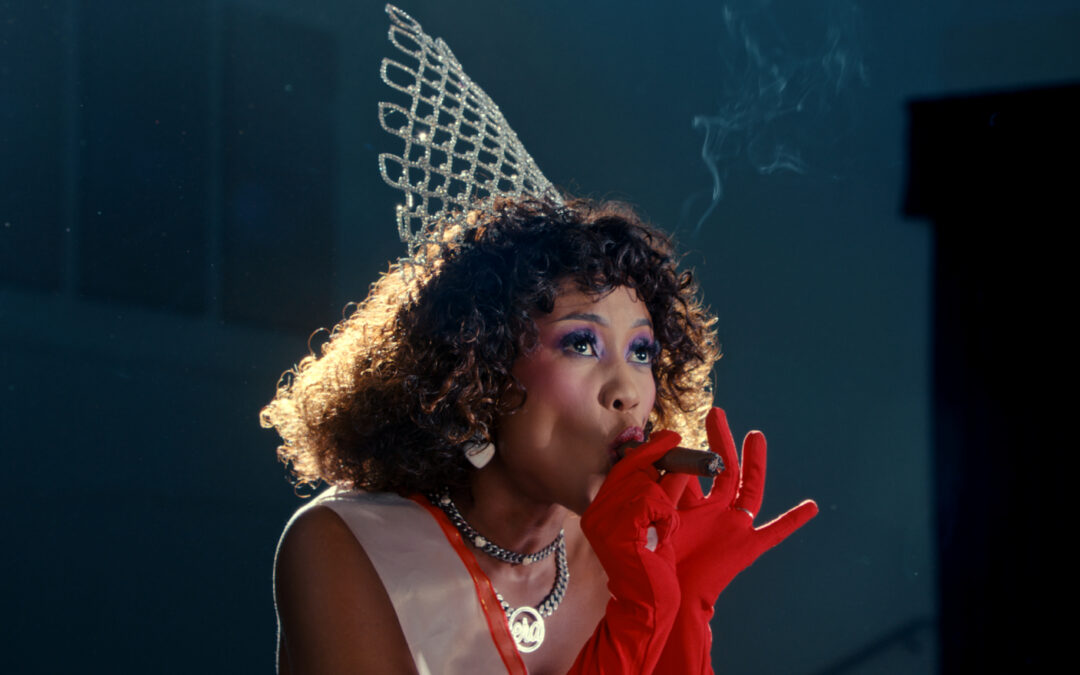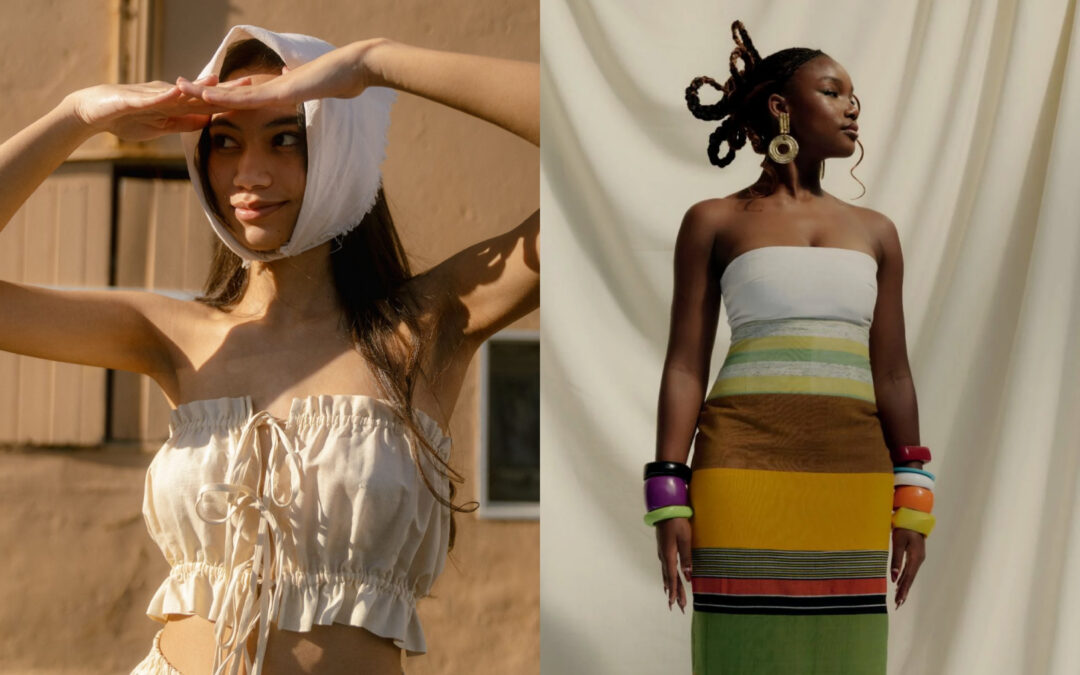I have been trying to challenge, within myself, the idea that a single craft or expression is the thing that will eventually come to define us. For artists and creatives, mastery is a necessary part of excelling and exceeding— but beyond our ability to ‘do’, lies an ephemeral spirit that is beyond articulation. The wisest advice I’ve ever received is that ‘no one can do what you do, the way you do it, with your energy and essence’ and I think about this phrase with each and every creative person that I speak to on this platform. This is the truth for each of us, and the medicine we must each employ when competitiveness — lack — or even jealousy comes knocking on our fragile psyches. The innate essence of each person is what makes our mandate at CEC, to celebrate creatives in all their multi-dimensional forms, a process with no expiry date or few restrictions.
So in thinking of the characterisation and nature of multi-hyphenated essence— and the ability to share it through varying forms— I think this idea is exemplified by the work of Ponahalo Mojapelo. Few faces are synonymous with South Africa’s cultural renaissance across fashion, music and art over the last decade as Ponahalo; as a model, DJ and content creator — you would be remiss to believe that after steadily ascending towards all her manifestations, that Ponahalo has even scratched the surface of her visions for herself, her hometown Joburg and South Africa at large. From gracing the cover of Dazed, to her own Boiler Room set, to an original muse at Thebe Magugu; Ponahalo is *that* certifiable vision of our creative landscape.
On her genesis, Ponahalo shares that “modeling came first when I was 18. A friend of mine was scouting models for a fashion show—it was a capsule collection by Nao Serrati. They were scouting models around Braam and Wits, and I was studying at Wits at the time. It was actually my roommate who got me into it. She was like, ‘You need some money, girl, so I’m putting you down.’ She didn’t even ask if I wanted to do it; she just decided for me.” With an initially casual approach, Ponahalo had no idea what lay in wait for her with this fateful experience; “I had always thought about modeling, considered it, but never really pursued it seriously. So when this opportunity came up, I thought, ‘Okay, let’s just do it for fun.’ It ended up going really well. There were some important people in the room, and I guess because my friend had been modeling for a while, people just assumed I had experience too. So I kind of just went with it.”
Pictured here, Ponahalo was flown to London by H&M, photographer unknown, imagery courtesy of Ponahalo
Photographed by Kagiso Phaswana
Ponahalo’s journey into DJing came shortly after her modeling debut. “There was a platform in Braamfontein, specifically at Kitchener’s, called Pussy Party—it was this queer space where they held parties every month,” she explains. “They reserved a segment of the lineup for femmes and queer people, while the rest of the venue was open to everyone. They also taught queer people and femmes how to DJ for free.” One day, the platform tweeted asking if anyone with good music taste wanted to open a set, and “A friend of mine tagged me because I was always the one playing music for everyone. If an album dropped, I had it first. I was that girl!” Ponahalo laughs, and after being tagged multiple times, Ponahalo shows up for her first set, arriving early. “They were like, ‘Okay, while you’re here, let’s give you a quick crash course on mixing,’” she recalls. “So I kind of learned on the job. But since I was already there, I just played what I knew my friends would love. It was an opening set, so at first, there were maybe two people on the dance floor. By the time I finished, the place was packed.”
With an instinct as a curator and sonic space-holder, Ponahalo credits her years as a part girl with figuring out her signature formula of “starting slow, building up, and ending on a banger,” and that “I just knew how to create that energy. Plus, I grew up around music at home. I was a music captain at school—it’s always been a part of me.” Modeling and DJing, she notes, were the first two creative things she did, likely within six months of each other, around the age of 18 or 19.
Reflecting on her work in both fields, Ponahalo sees it as a blessing to do music at night, and fashion during the day; “it’s work that I enjoy a lot, but at the same time, it’s also work that challenges me. It really exposes you to public perception in a big way. You can’t fail in private or fail quietly. If you mess up a transition, everyone on the dance floor feels it. If you’re not giving your all on a shoot, it’s going to show in the final photo that everyone eventually sees.”
Ponahalo’s journey is marked by an equal measure of ambition and effortlessness; the kind of divine timing that words like ‘manifestation’ only attempt to allude to, but never quite capture. When Ponahalo was shot by Kristin-Lee Moolman for the cover of Dazed, this was a seminal moment for South Africa — with both photographer and muse South African born-and-bred. As Ponahalo reminisces; the whole experience was utterly surreal. “I’ve always had goals,” she says, and “I remember when I was 19 or 20, during the pandemic, I made a mock Dazed cover on Instagram. We weren’t really outside, so I took an old photoshoot, grabbed a PNG of the Dazed logo, and tweeted it as my interpretation of a Dazed cover. That was in 2020. Then, at the end of 2023, when I got the actual call to be on the cover, I was in complete shock.”
I remark to Ponahalo about the extent of this moment as historic, to which she says, “the power of timing, the power of manifestation—it’s so real. But I also believe manifestations lead you to where your work is. You have to put yourself out there, practice, say yes to as many opportunities as possible, and tell your own story. That’s been a huge part of my personal growth. I honestly don’t even know how to quantify it. I just know I’ve learned through failure, through trying, through reaching for the stars. And I’m still on that journey—I’m still growing, I’m still young, and I’m still figuring myself out.” In a cultural landscape that have diminishing returns on the longevity of such moments— Ponahalo is deeply earnest about her experience of these accolades, and the gratitude that she credits with motivating her experience of whichever opportunity she steps into, saying that “At the time, things like Boiler Room and Dazed felt like the peak—like, ‘This is it. This is everything I’ve ever wanted to do.’ Boiler Room is like the DJ Olympics. When I got that email, that call—I literally fell to my knees and cried. And when the Dazed cover was delivered to my house, I was just home alone, holding it in my hands. It was a random Friday, 11 AM, everyone else was at work, and I was in my house crying because it was real. My name was on it. Spelled correctly. It was a big deal for me.”
Photographed by Kagiso Phaswana
Photographed by TEE$ for Boiler Room TV
Above all, Ponahalo rides for Joburg like no other; and she is at the heart of a creative movement that emanates from the city, which I personally feel forms the heart of our overall renaissance as a country. As Ponahalo notes, “Johannesburg has always embraced bold fashion—crazy combinations are welcomed and celebrated.” Reflecting on the city’s growth, she recalls the rapid expansion she witnessed between 2016 and 2018. “I remember seeing it boom and grow, and then, with the pandemic and the global rise of South African fashion, the momentum only intensified. The spotlight was undeniable—especially when Thebe Magugu won the LVMH Prize.” Ponaholo worked with Magugu in 2019, the year he won, and remembers the surge of pride that followed. “It was a win for the entire culture, for Johannesburg in particular. The city was buzzing—we had so much pride, so much joy. It was like, ‘We built this, brick by brick.’ And it had been on the cusp of happening for so long. It wasn’t about getting ready—we had always been ready.”
“The city has always had this culture of cool, of standing out, of excess in fashion and expression. And what I love is that it feels so natural here. When you leave, you realise just how different it is.” She recalls a trip to Berlin where the difference was surprisingly stark. “I was in Berlin on holiday, and everyone was in shorts and slops. Babe. But if I had been in Braam, no one would have batted an eye. That’s just Jo’burg—everyone is a star in their own way.”
“There’s this incredible energy here. Everyone is doing something big, something exciting. Everyone is part of something larger,” Ponahalo continues, and the city’s competitive edge is something Ponaholo cherishes deeply as a social code that keeps everyone aiming higher and higher, “What I appreciate most is how competitive it is—there’s no monopoly, no one entity dominating an industry. Everyone is thriving, and there’s always something new happening. Some people complain about there being too many events, but I love that. If one thing isn’t for you, there are twenty other options. You’re not boxed in—there’s variety.”
This diversity extends beyond just fashion, embedded in Johannesburg’s music scene. “There are gay parties, lesbian parties, spaces where trans people can feel safe and have a great time. There are inclusive spaces, balls, raves. Every kind of event exists in Johannesburg, and that, in turn, allows for every kind of music to thrive.” Ponahalo, who brings this wide-ranging energy to her DJ sets, shares how the city has shaped her sound. “No single genre dominates the city. You have piano parties, hip-hop events, punk nights, techno raves. I don’t just play one genre because I’ve experienced a city where every genre is given space to shine.”
Ponahalo’s journey as a DJ has always been about creating spaces where people feel seen and empowered. “When I started, my main focus was playing music that paired well with a girls’ night—music that made women, femmes, and queer people feel good,” she shares. She aimed to blend underground sounds with mainstream tracks, proving that these worlds can coexist. “I’ve always loved underground music—techno, hyperpop, ballroom, baile funk—but I also love pop classics, the kind of tracks that make the girls and the gays feel powerful.” Ponahalo’s musical evolution reflects the cultural shifts in Johannesburg; the city that she has grown up in and remains deeply a part of, “playing one genre is boring to me. I want my sets to be dynamic, inclusive, and unexpected. You’ll hear everything from vogue music to gqom to hyperpop. I want people to hear something familiar but also something that expands their musical world. At the end of the day, music is meant to unite.” It’s the best feeling ever when you think you’re listening to one thing, and then it shifts into something unexpected—like another part of you is unlocked in that moment. I love that Ponahalo is the kind of DJ who embodies that; who gives each person on her dancefloor permission to know their multifaceted nature, and her multifaceted nature, too.
I ask Ponahalo about building – year by year and seed by seed — on her life and vision, goals and dreams, to which she explains that “2024 was amazing. It felt so good to finally be seen by fashion brands I had admired for so long—brands I couldn’t afford growing up. To now be in a position where they’re sending me things, wanting to collaborate with me—it’s something I don’t take for granted at all. I spent a lot of time crying, a lot of time practicing gratitude. If I could quantify my tears, they’d probably fill a pool. That’s how overwhelming and beautiful it’s been. One of my biggest highlights was being flown to London by H&M. That completely changed my life” and that “I had been to London before, touring with Moonchild a few years ago, but this time, I was there with my own name, my own light. It was life-changing. I got to see Charli XCX live, which was surreal, and reconnect with so many friends who had moved to the UK. They were so welcoming, saying things like, ‘If you moved here, you’d be sorted. You’re going to be such a star.’ They really spoke life into me.”
“Traveling does that—it gives you a refreshed perspective on yourself and your work,” Ponahalo muses, and that “seeing my style and energy resonate in another country was really affirming. Strangers would stop me on the street—because, you know, in London, you’re walking everywhere—and I realised that the way I present myself, the way I stand out, translates no matter where I go. But I always made it clear: ‘I’m from Joburg. I’m from South Africa. This isn’t your style. This is South African style.’ I never wanted to be attributed to London or a Western influence. This was all us, baby.”
Last year set the tone for Ponahalo’s focus for this year; a shift toward creative direction, and further expansion of her creative expression in the world; “It was also incredible to have brands that believe in me and trust me to interpret their garments in a way that’s authentic—to me, to African hairstyles, to African expression—while also investing in me financially so I can pursue my own creative projects.This year, I really want to lean into creative direction. The relationships I’ve built with brands have put such a fire in my belly to push my personal work further. I’m hoping to start that as soon as this weekend.”
As for her advice to aspiring creatives, Ponahalo is explicit in trying everything and saying yes as much as possible; “I’d say try everything at least once. From fashion to DJing to any creative career—just give it a go. I think we’ve become so caught up in trends and aesthetics, but I believe in experimenting. Try “office core,” try “this core,” try “that core”—mix them up and find your personal style. If you’re interested in music but don’t know your genre, try playing a hip-hop set once. See how you feel preparing it, how comfortable you are performing, and how the crowd reacts. The same goes for creative directing, styling, and any other art form. I’ve done it all—I was a full-time stylist, a personal shopper, and even started a makeup course before the pandemic disrupted it. Some things stuck with me, others didn’t, and some found their way back to me over time,” and that, “with social media, it’s easier than ever to learn and connect. There are tutorials on almost anything, so there’s no reason not to give things a shot. It’s never too early or too late to start. More than anything, root for yourself—put your all into it and imagine there’s no way you can fail.”
For someone whose natural instinct is to manifest — Ponahalo is manifesting her next move, this time overseas, as she dreams of living and working in Europe, whether in London, Paris, Amsterdam, or Milan. “I feel like my style, my flair, my energy—it’s too good to gate-keep! It would be criminal not to share it with the world,” she says. Ponahalo envisions immersing herself in new cultures, growing through challenges; time abroad as a formative experience, and I agree wholeheartedly that Ponahalo is too iconic to gatekeep; South Africa, we’ll have to let her go— just for a bit, as after all— “I want opportunities to flow naturally, in creativity, energy, and finances. Bigger things are coming, I know it.”
Watch Ponahalo’s Boiler Room Set HERE
Listen to Ponahalo’s Apple Music Visionary Women Mix HERE
Written by: Holly Beaton
For more news, visit the Connect Everything Collective homepage www.ceconline.co.za

